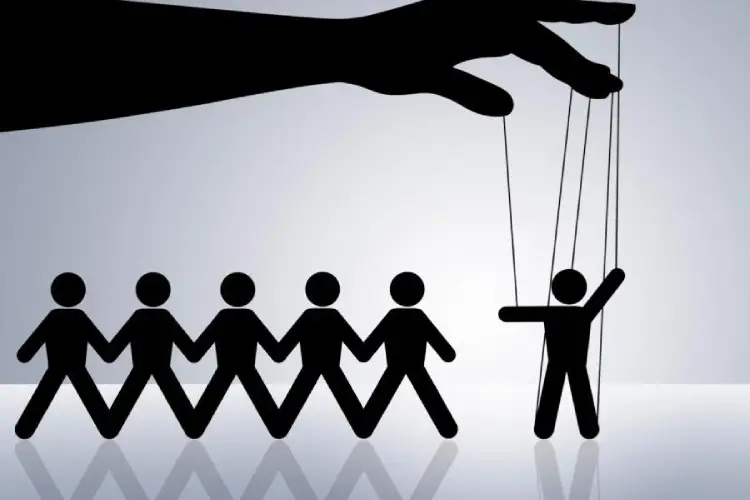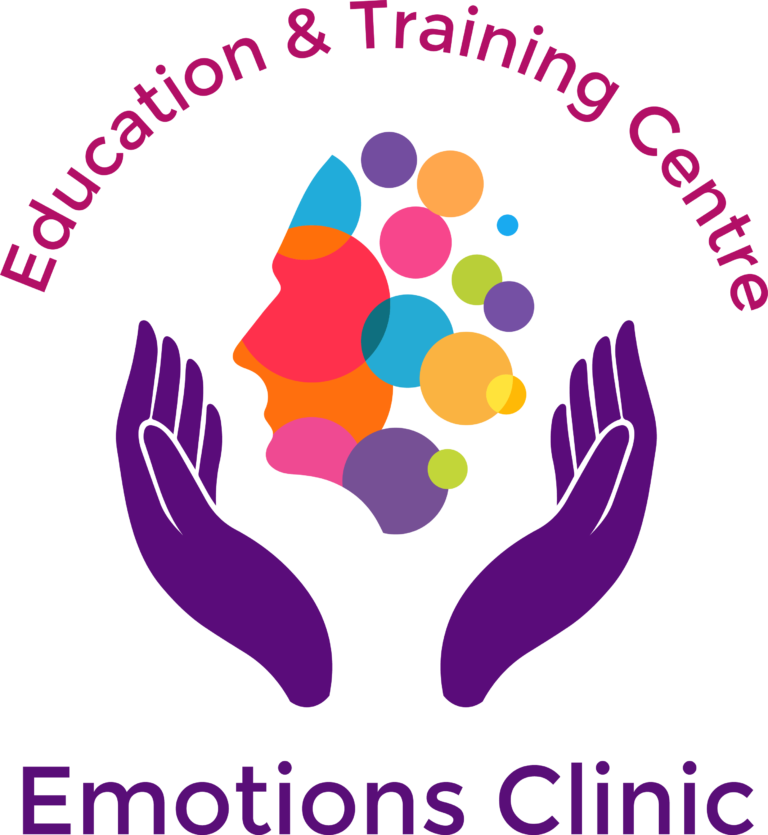Blogs

Understanding Freewill
We are not totally free, we create freewill through our actions. Rollo May describes it as playing a game of chess; to begin with we have a certain amount of freedom to act, and as the game progresses, our freedom grows or curtailed depending upon how we play till we reach a point where we, if we have played badly, have run out all the options and our king is under attack, but if we have played the game well our choices keep increasing.
What, then, is the nature of freedom? It is the essence of freedom precisely that its nature is not given. Its function is to change its nature, to become something different from what it is at any given moment. Freedom is the possibility of development, of enhancement of one’s life; or the possibility of withdrawing, shutting oneself up, denying and stultifying one’s growth. “It is the nature of freedom,” Paul Tillich declares, “to determine itself.”[1] The definition encompasses all actions a human being carries out without any external coercion.
There seems to be a difference between the Eastern and the Western ways of thinking about the idea of Free will. For many existential philosophers – freewill meant freedom from all external constraints in making a decision, they failed to take into consideration one’s internal factors.
Rousseau went a step further and said, cited by Chomsky, “that nature alone does everything in the operations of the beast, whereas man contributes to his operations by being a free agent. The former chooses or rejects by instinct and the latter by an act of freedom … it is not so much understanding which constitutes the distinction of man among the animals as it is his being a free agent. Nature commands every animal, and the beast obeys. Man feels the same impetus, but he realizes that he is free to acquiesce or resist; and it is above all in the consciousness of this freedom that the spirituality of his soul is shown.”[2] I am not sure if Rousseau went further than that along the lines of Yogananda’s thinking as described below.
Yogananda says, “very few people truly know what freedom of will means.”
To be compelled to do things by the dictates of your own instincts and habits is not freedom. To be good because you have been so for a long time and to refrain from evil because you are accustomed to do so is not freedom[3].
When your will is perfectly free to choose good instead of evil anytime, anywhere, because you really feel good, you will know real happiness, then indeed are you free.
When the influences of heredity, prenatal and postnatal habits, family, social, and world environment, all cease to influence your judgment, you can exercise freewill. When you can act, guided only by your highest, inner, intuitive discrimination, – then only are you free[3].
Equanimity is the way leading to that inner place called inner Guru. When you become settled in equanimity all the time you become your own guru and don’t need any instructions from outside.
Until then the way to all righteousness lies in tuning in your whim-guided will with the wisdom-guided will of your Guru. Harnessing your will to wisdom, you will cease to be swayed by prejudice and error, for you will then always be guided by righteousness[3].
Hence, the first requisite in your spiritual path lies not entirely in going to church services and being a passive member, satisfied merely with listening to sermons, but also in finding your spiritual Guru who will lead you as far along the spiritual path as you wish to go. Having found him, follow him closely, obey him with intelligent devotion, and practice what he teaches you; thus ultimately you will attain your highest goal[3].
Many modern existential philosophers confuse freedom with license and irresponsibility, and with acting out of boredom. For them the freedom of adolescents to immerse themselves in idleness and amusements instead of invigorating tasks and spiritual growth is freedom, and also for healthy young adults to avoid work and live at the expense of society.”
Rollo May quotes Karl Jaspers, “I recognize myself for the first time as my own true self.” “Existence is real only as freedom…. Freedom is … the being of existence.” “Only in those moments when I exercise my freedom am I fully myself.” “To be free means to be one’s self.”[1]
However, one can argue that to be oneself is to be free. Sartre has argued that Freedom and Being human are identical.
There is some acknowledgment of inner forces in the writings of western philosophers as Rousseau has said, “what, then, is the nature of freedom? It is the essence of freedom precisely that its nature is not given. Its function is to change its nature, to become something different from what it is at any given moment. Freedom is the possibility of development, of enhancement of one’s life; or the possibility of withdrawing, shutting oneself up, denying and stultifying one’s growth. “It is the nature of freedom,” Paul Tillich declares, “to determine itself.[1]”
Many existential philosophers were deluding themselves by declaring their actions as free whilst pandering to their lustful instincts. Their understanding of the ontological meaninglessness and absurdity of life made them react in a manner that they saw as legitimate way of being in the world. Simone de Beauvoir and Sartre spent a lot of time partying, drinking, using illicit drugs such as cannabis, amphetamines to remedy hangovers, heartbreaks and writers blocks, listening to music and chatting with friends, trying to get the maximum out of life. Sartre even used mescaline a hallucinogen to inform his research on hallucinations.[4] They go on to justify their drunkenness, encouraging hedonism and orgies and having complete disregard for feelings of other or social norms by describing an authentic way of partying which doesn’t involve escape from a situation, running away from life or succumbing to peer pressure.[4] This resulted in serious health problems – cirrhosis for de Beauvoir and cancer for Sartre. Simone de Beauvoir was sacked from her university teaching post for sexually harassing her female students.
It may be the existential philosophers had learnt to break free from the bondage of their ontic suffering by way of exercising their freewill but their attempt to enjoy life and worldly pleasures to the full can be seen as a reaction to their philosophy of meaninglessness, nothingness and absurdity of life. A way of coping with their existential angst, as they couldn’t pierce through it. If one is truly Being oneself in the totality of their Being there would be no need for alcohol, drugs, music, parties etc.
References
- May, R., Freedom and Destiny. 1981, New York: Delta Book- Dell Publishig co.
- Chomsky, N., For Reasons of State. 1973, New York: Vintage
- Yogananda, P., The Second Coming of Christ. 2004, United States: Self-Realisation Fellowship
- Cleary, S.C., Being and Drunkenness: How to party like an Existentialist. Aeon 2019.

Nature Consultancy Limited is regulated by CQC to provide care at Emotions Clinic
Phone : +44(0)1782 768656
Email : ad***@****************co.uk
Quick Links
Information
Head Office Address
Lumbung Hidup St 425 East Java Madiun City Block ABC 123
Days Open
Monday - Friday 08 AM - 10 PM


